1) Diamond in the rough
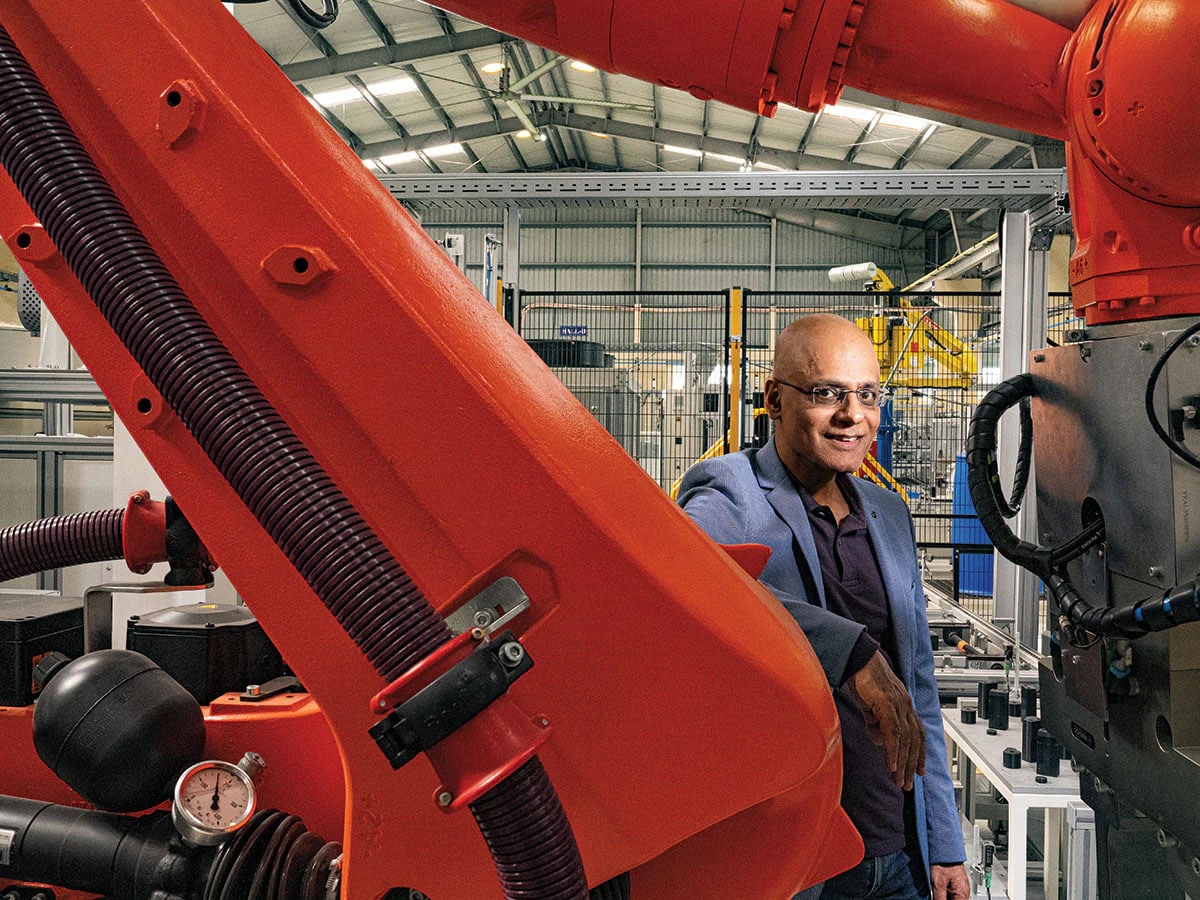
NP Sridhar, CEO & MD, TEAL Image: Selvaprakash Lakshmanan for Forbes India
When one hears or reads the word Titan in India, the first memory recall is always about watches and the iconic jingle, ‘Titan music’ – Mozart’s Symphony No. 25. But there is more to the brand than watches, jewellery, eyewear, apparels, fragrances, and accessories. This side of Titan is more technical, more engineering, and 100 percent B2B. The less well-known side, Titan Engineering and Automation Limited (TEAL) counts some of the biggest auto companies, for example, in India and overseas as customers using its factory assembly line automation solutions. As part of Forbes India Hidden Gems 2024, get to know more about the business that is doing well despite the spotlight.
2) Economic growth cannot be without women
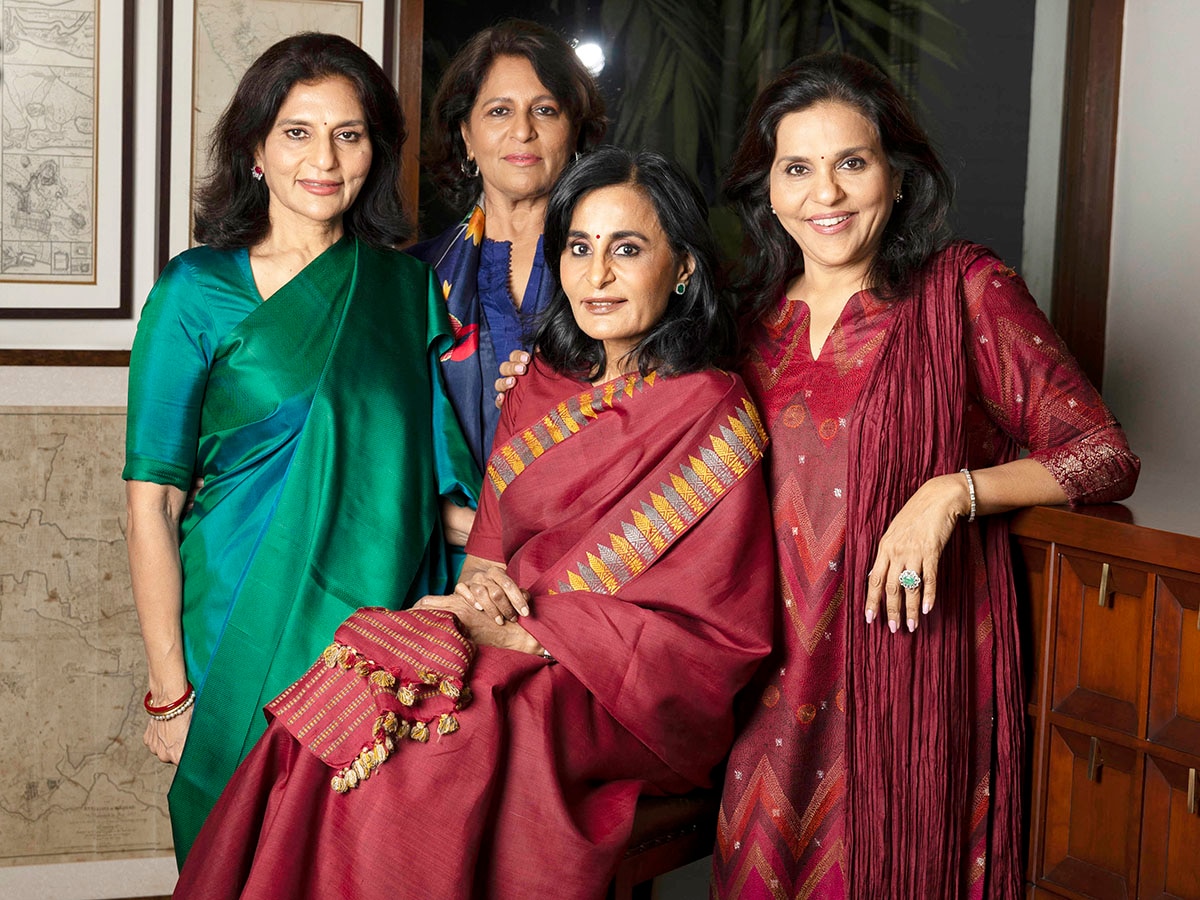 From Left: Preetha Reddy, Shobana Kamineni, Suneeta Reddy, Sangita Reddy of Apollo Hospital Photo by Balaji Gangadharan for Forbes India
From Left: Preetha Reddy, Shobana Kamineni, Suneeta Reddy, Sangita Reddy of Apollo Hospital Photo by Balaji Gangadharan for Forbes India
According to Deloitte’s Women @ Work 2024 — A Global Outlook report, more than 50 percent of women in the workforce are stressed, their mental health concerns are growing, and they are worried about being discriminated against or being laid off if they bring up these issues at the workplace. 40 percent of the women who were surveyed for the report say that they have worked through high levels of pain due to menstruation without taking time off. Fewer women feel comfortable discussing these health challenges with their managers than in 2023, and more say their careers have been negatively affected by discussing these matters at work in the past. Read this in context of the contribution women make to global GDP. These numbers call for change, and that change only occurs when leaders listen and are willing to be compassionate. In conversation with Forbes India, the Reddy sisters of Apollo Hospitals break down the correlation between women’s health and economic growth, how breaking the glass ceiling is also about overcoming deeply ingrained biases, and why leadership is a multifaceted skill set that transcends gender.
3) Taking legacy forward
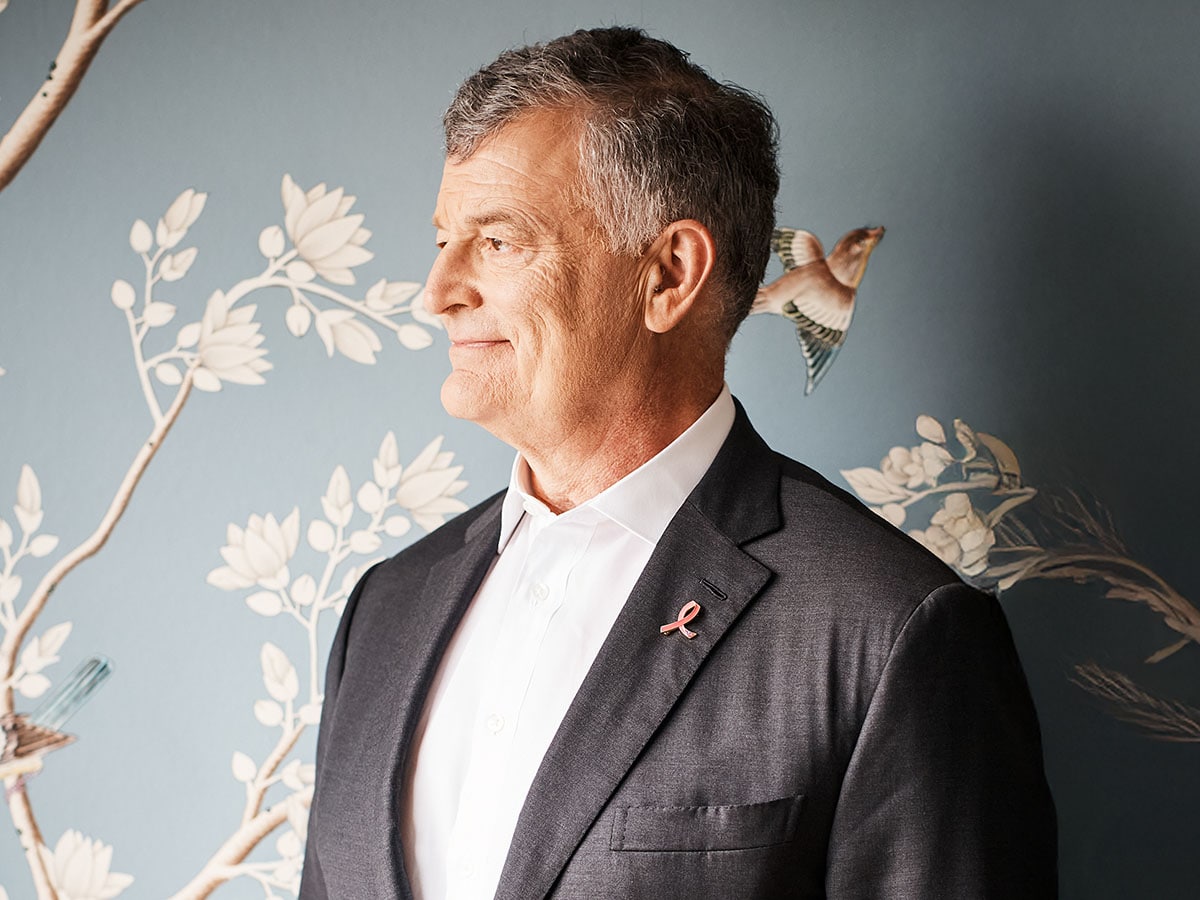 William Lauder, former executive chairman, Estée Lauder Companies
William Lauder, former executive chairman, Estée Lauder Companies
Estee and Joseph Lauder founded Estee Lauder Companies (ELC) in 1946 in the bustling New York City just after World War II. Cleansing Oil, Skin Lotion, Super Rich All-purpose Creme, and Creme Pack were the first four products. Almost eight decades later, Estee Lauder Companies has a global presence through more than 20 brands and numerous iconic beauty and fragrance products. In 1995, the company went public on the New York Stock Exchange. ELC was now a publicly traded but family-controlled organisation. William P Lauder, grandson of the founders and son of former chairman and CEO Leonard Lauder, has begun a new chapter for the cosmetic giant as it undergoes a turnaround following two years of falling profits and sales. In his last interview as the executive chairman of the company, the third-generation entrepreneur talks about the need to focus on customers, diversify into newer markets, carry forward the family legacy, and more.
Discover
1) Slow and steady
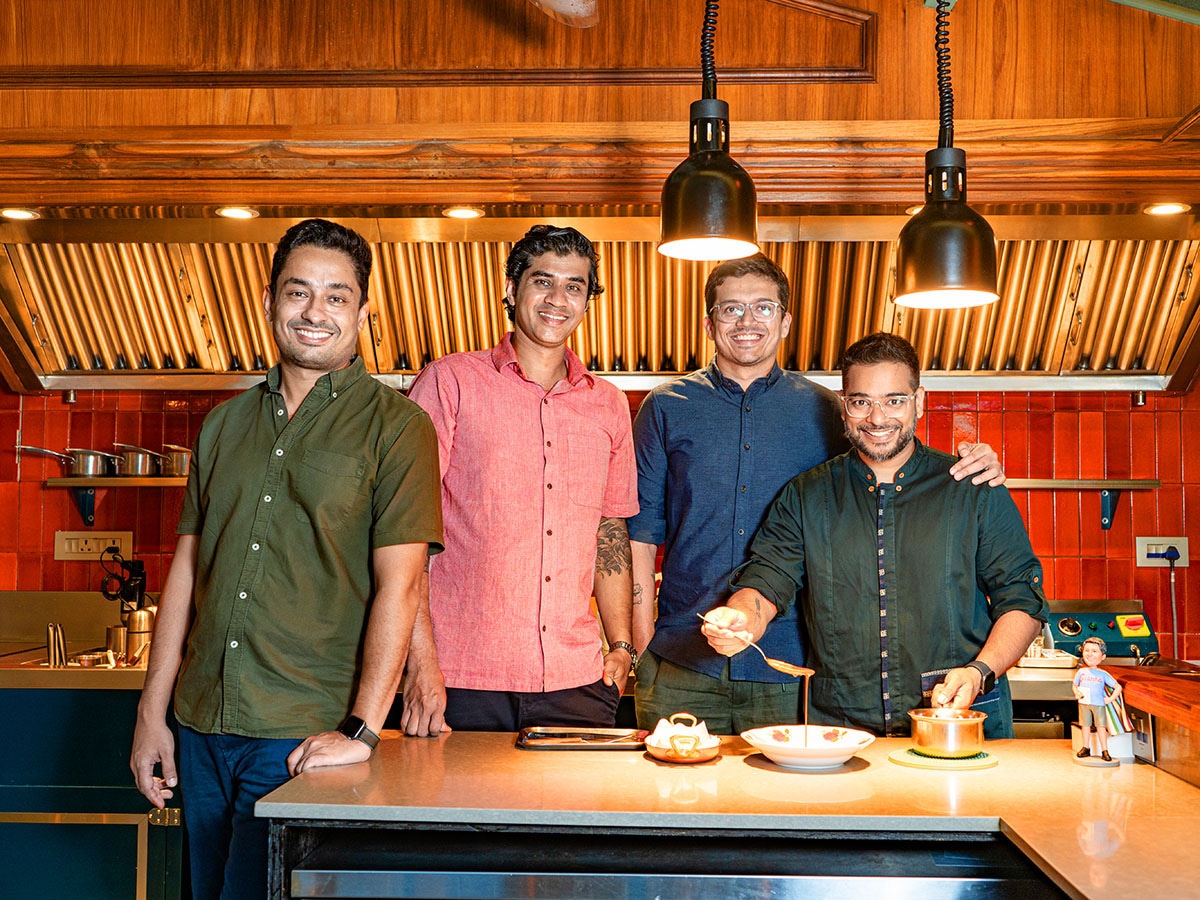 Sameer Seth, Founder & CEO, Girish Nayak, Chief Mithaiwala, Bombay Sweet Shop, Yash Bhanage, Founder & COO, Hussain Shahzad, Executive Chef of Hunger Inc. Hospitality. Image: Neha Mithbawkar for Forbes India
Sameer Seth, Founder & CEO, Girish Nayak, Chief Mithaiwala, Bombay Sweet Shop, Yash Bhanage, Founder & COO, Hussain Shahzad, Executive Chef of Hunger Inc. Hospitality. Image: Neha Mithbawkar for Forbes India
Mumbai’s cultural and food conversation is never without the mention of what’s new at The Bombay Canteen, the nostalgic feel of O Pedro’s fish curry, the lines outside Veronica in Bandra, and the most recent mithai on Bombay Sweet Shop’s menu. Their mastery in platforming Indian cuisine is unparalleled and an attribute that brings numerous lucrative offers to the founders to set up the Delhi, the Bengaluru iterations of these iconic eateries. It has been a decade since Hunger Inc. began operations under the stewardship of late founder and chef Floyd Cardoz. Their restaurants have stood the test of time, thrived, and expanded the horizons of Indian cuisine. Here’s why they are not yet interested in expanding beyond the maximum city.
2) TB free schools
 Dr Amita Gupta, director of the Division of Infectious Diseases at the Johns Hopkins School of Medicine, US
Dr Amita Gupta, director of the Division of Infectious Diseases at the Johns Hopkins School of Medicine, US
Dr Amita Gupta, director of the Division of Infectious Diseases at the Johns Hopkins School of Medicine in the US, has been studying infectious diseases for more than two decades. In 2020, she co-founded the Gupta-Klinsky India Institute at Johns Hopkins. The institute aims to foster collaborations between tuberculosis (TB) researchers at Johns Hopkins and Indian medical research institutes. Last year, more than 10 million people suffered from TB, with India accounting for around 26 percent of the total TB cases. To solve this problem for the country, the Gupta-Klinsky India Institute has been working with the Indian government to launch the TB Free Schools Initiative. Dr Gupta shares the initiative’s details, challenges, and solutions in conversation with Forbes India.
3) Fearless on the field
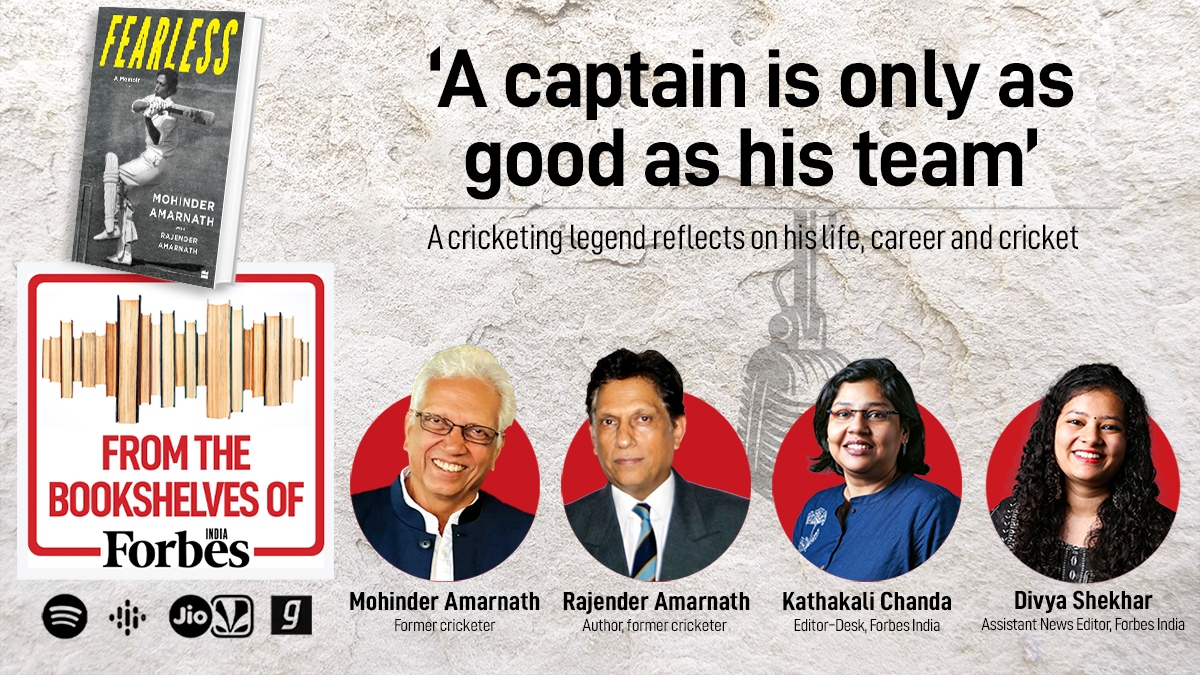
Throughout his nearly two-decade career, Mohinder Amarnath fought against the fiercest of bowlers such as Jeff Thomson, Richard Hadlee, Imran Khan, and Malcolm Marshall, just as fiercely he battled naysayers. In his recent autobiography Fearless, written along with his younger brother Rajender, a former cricketer, commentator and author, Amarnath sheds light on his formative years under the watchful eyes of his father, his time on the international stage and why, in 1988, he refused to back down from calling the selectors a ‘bunch of jokers’. For the latest episode of From the Bookshelves of Forbes India, the all-rounder sheds light on his formative years under the watchful eyes of his father and his time on the international stage.
4) Leap of faith
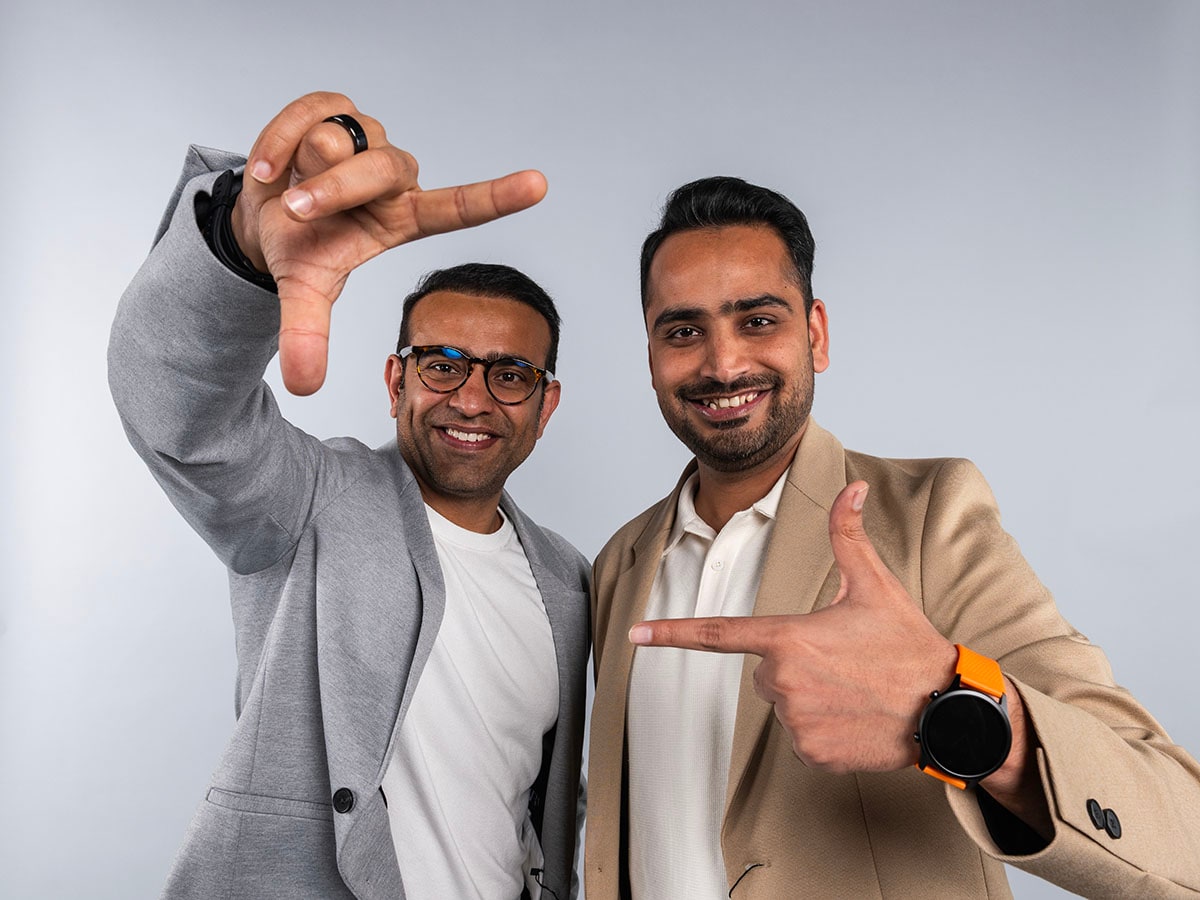 (L to R) Amit Khatri, and Gaurav Khatri Co-Founders at Noise. Image: Amit Verma
(L to R) Amit Khatri, and Gaurav Khatri Co-Founders at Noise. Image: Amit Verma
Smart wearable brand Noise reported a net loss of Rs20 crore in the financial year ended March against a net profit of Rs88 lakh in FY23 due to weak revenue growth and rising expenses. The operating revenue was flat at Rs1,430 crore while total expenses marginally rose to Rs1,460 crore, coupled with a 40 percent increase in employee benefit expenses, which stood at Rs71 crore in FY24. In conversation with Forbes India for Pathbreakers, co-founders Amit and Gaurav Khatri said the losses were due to a rise in expenses incurred to future-proof the company. So what does future proofing entail for the brand with a remarkable 13 percent market share in India? The co-founders explain as they discuss their journey as entrepreneurs.

 From Left: Preetha Reddy, Shobana Kamineni, Suneeta Reddy, Sangita Reddy of Apollo Hospital Photo by Balaji Gangadharan for Forbes India
From Left: Preetha Reddy, Shobana Kamineni, Suneeta Reddy, Sangita Reddy of Apollo Hospital Photo by Balaji Gangadharan for Forbes India
 William Lauder, former executive chairman, Estée Lauder Companies
William Lauder, former executive chairman, Estée Lauder Companies








